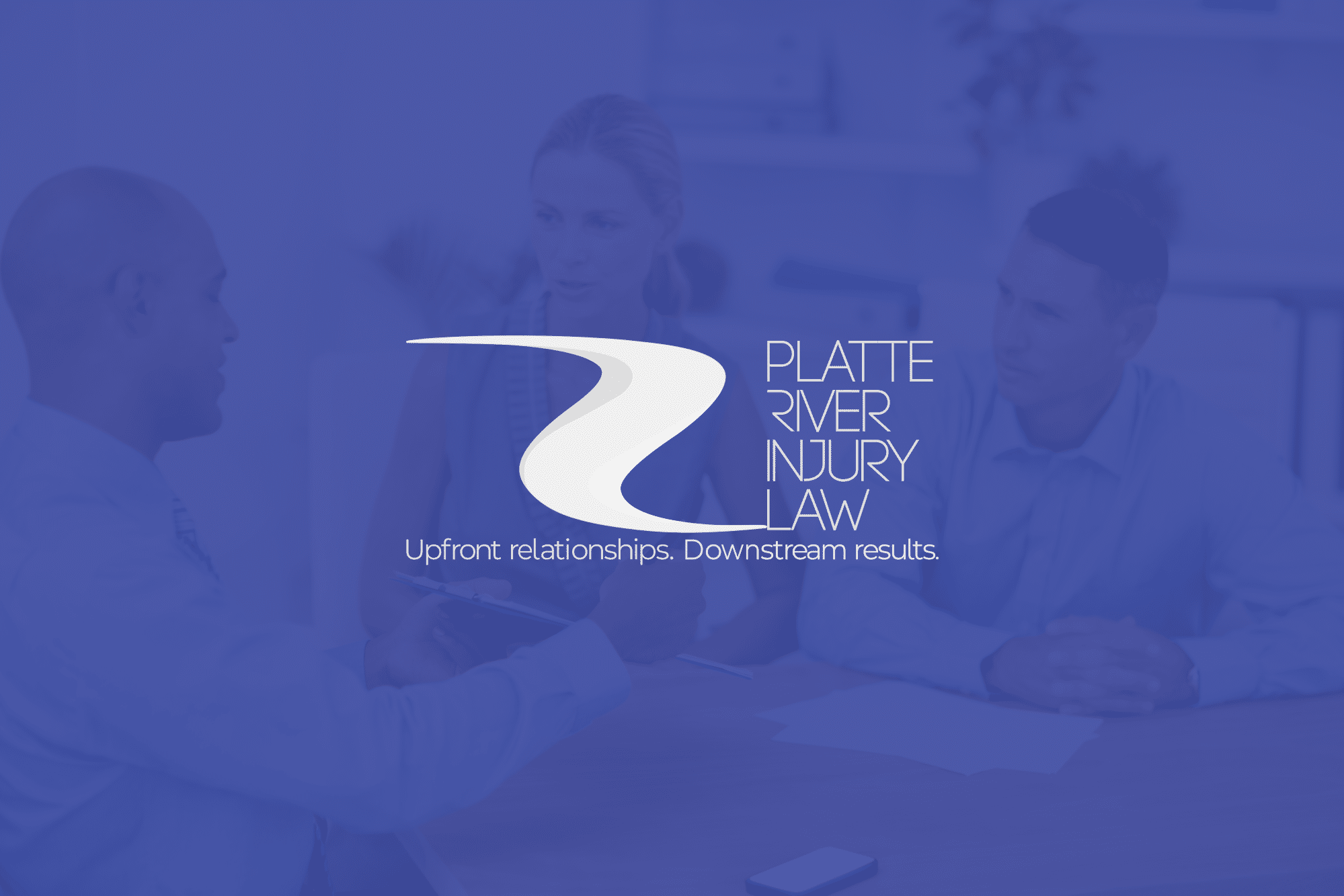Working in oil fields is undoubtedly not a typical job.
It requires intense labor and long hours in an environment that can be anything but safe.
Because of this, the oil and gas industry has one of the highest reported work injury rates. While many benefit from work done on oil fields, it may mean injury and even death for some.
Below are some of the most common causes of oilfield accidents.
If you have any questions or need to speak with an experienced oilfield injury lawyer, contact Platte River Injury Law, a Cowboy Country Law firm today to schedule a free consultation.
Slips and Falls
A slip and fall can mean serious injury and perhaps even the end of a career for an oil field worker. It is easy to misstep while working on an oil field, especially when working on elevated rigs.
These incidents can often be avoided with the proper safeguards.
Fires and Explosions
When working around gas, fires and explosions are always a concern. Fires can occur when pressurized gas erupts and makes contact with sparks. Fires in an oil field can be tough to extinguish, considering the large volume of gas.
Fires and explosions can lead to a variety of injuries, including severe burns and head injuries.
Equipment Malfunction
Plenty of equipment is found on an oil field, and if not properly maintained, it may malfunction. Companies are responsible for the maintenance of oil field equipment, but issues can be missed.
Malfunctioning equipment means not only that workers cannot get their jobs done but also the possibility of injury. Working with malfunctioning equipment may result in many different injuries, including broken bones or burns.
Gas Poisoning
Hydrogen sulfide, a gas commonly found in oil fields, can easily collect in areas with little to no ventilation. This type of gas is colorless, making it relatively undetectable.
While this gas has a “rotten-egg” smell, it is possible to suffer from “olfactory fatigue” when working in an oil field. Because individuals that work in oil fields are constantly exposed to strong odors, they may not be able to smell the scent this gas gives off.
Persons exposed may experience an array of symptoms, from nausea and headaches to rapid unconsciousness and death.
Electrocution
Working in an oil field means being exposed to a variety of chemicals. Many of these chemicals are conducive to electricity, putting oil workers at risk of electric shock. Being electrocuted can be life-threatening and can result in burns, unconsciousness, or in some cases, death.
Improper Training
Oil fields can provide a very fast-paced working environment that requires plenty of care and attention. When oil field workers receive insufficient training, this may lead to injuries not only to themselves but also to those around them.
Because safety is a significant part of the job, workers should be knowledgeable about safety procedures along with their day-to-day activities. Knowing how to keep safe can help prevent many kinds of oil field injuries.
Recovering from an Oil Field Accident
Oil field accidents can result in serious injury to workers and, sometimes, even death. This affects not only the oil field workers but their families as well.
Oil field injury cases can be complicated and difficult to navigate, but an oil field injury lawyer can be your best ally. An oil field attorney can assist you by:
- Fully investigating your case;
- Compiling evidence to help your case;
- Determining the cause of your accident;
- Proving negligence;
- Calculating damages owed to you;
- Negotiating your settlement; and
- Going to court if necessary.
Contact a Wyoming Oilfield Injury Lawyer Today
An oilfield injury case can be challenging to handle on your own. It is wise to seek the legal aid of a passionate and experienced oil field accident attorney.
Platte River Injury Law, a Cowboy Country Law firm can help you with your oilfield injury case. Jeremy Hugus fights relentlessly for clients, helping them recover just compensation for their injuries.
We provide first-class, personalized service for every client, believing everyone has a story that matters. Contact us online today or call 307-215-9724 , and let’s discuss your case.





